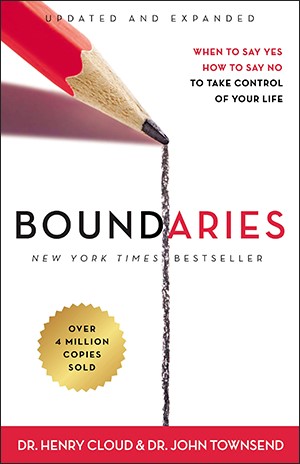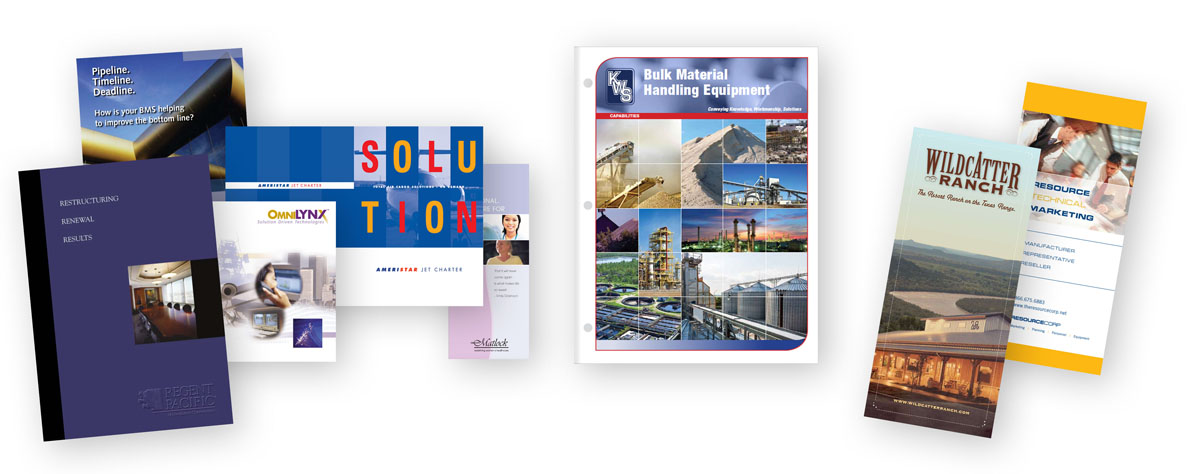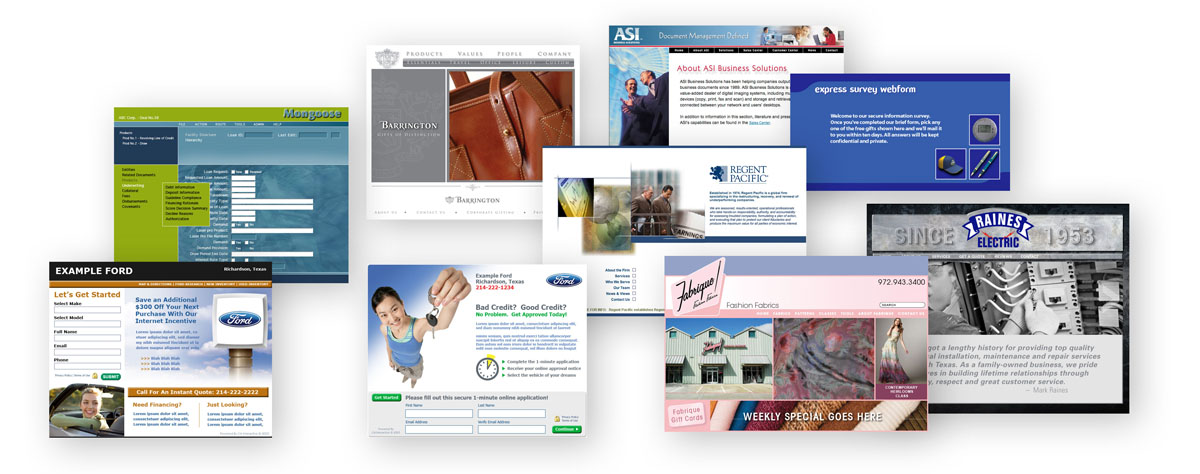Personal Responsibility
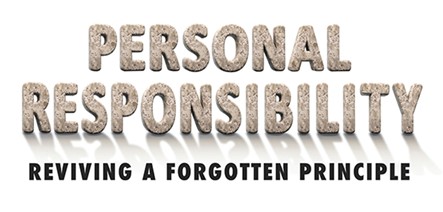
Last week, I wrote about the value of timely and applicable knowledge. While relevant expertise may be the meat on our career plate, personal responsibility is the potatoes (and desert).
Gas Up the Helicopter
A few days ago, a friend told me about a client who had given a less than flattering review to one of his “twenty-something” employees. The next day, the employee’s mother called and asked to schedule a meeting so they could discuss the bad review he’d given her daughter. My friend’s exasperated client had to inform the nosey mother that his relationship with her daughter was an employer/employee relationship, subject to HR laws and was not open to parent conferences. You honestly cannot make this stuff up!
When I look around me and wonder why so many people have a total misunderstanding about how employer/employee relationships are supposed to work, I have to admit that much of the problem lies with their over-protective parents. Henry Cloud noted that there was a time when a kid who got into trouble at school could expect some serious additional discipline once he got home. That was certainly the case in my home and it always flabbergasted me that my mother could walk in the door after work already knowing what I’d gotten in trouble for at school that day.
Today, when the typical child comes home from school with a notice of misbehavior, the first thing parents do is call the school and complain about the unfairness of it all. We’ve gone from helicopter parents and participation trophies to completely delusional guardians who peddle entitlement to our offspring like the Good Humor Man used to peddle ice cream.
As Go the Parents, So Goes the School System
It’s one thing for the United Nations to rate our public school system 47th out of the top fifty industrialized nations but it’s a problem on a whole other scale when high school and college graduates enter the workforce without even understanding the concept of personal responsibility. When did we forget that failure and the subsequent ownership of that failure is perhaps the most important ingredient of success? When did we stop teaching our kids that truth?
My parents missed helicopter class. The summer after fifth grade, I made a deal with a man in my neighborhood to mow his lawn once a week. (We even shook hands.) He would provide the mower and edger and would pay me $6.00 each week for mowing and edging his moderately sized patch of Garland — that was a lot of money in 1966. Things went well throughout June. Then, it got hot, really hot. I made up some pretty inventive excuses and evaded him for three weeks. That’s when he went behind my back and called my dad who, in turn, impounded my prized bicycle until I made good on my promise to mow that lawn.
I trudged the entire half mile to the man’s house without even a bicycle to hasten my wearisome journey beneath the sweltering Texas Sun. When I arrived, his house looked like bums lived there. The grass was a good eight inches high and curling out over the sidewalk. The man informed me that we’d made a deal which he did not want to renege on. He also told me his wife was livid but that he had assured her I was trustworthy and would do the right thing. (Did he really believe I was that naive? Could he not guess why I’d arrived on foot? Do the “right thing” my ass — I just wanted my bike back!) I struggled for three hours with that lawn – a job that normally took just over an hour. At least his merciful wife brought me some lemonade. Imagine my total surprise when at the end of the grueling torture, the man only paid me six dollars. I explained to him it was “three weeks worth of mowing” and he countered that it was only a single lawn mowing – one I had personally made harder by procrastinating. At least the tightwad didn’t charge me for the lemonade.
On the upside, my dad unchained my bike. On the downside, I had to mow that blasted lawn every week until school started in September. I learned three critical lessons: First, capitalism is every bit as savage and unforgiving as nature. Second, keeping your word rarely turns out to be as easy as it seems in the moment it’s given. Third, mowing Texas lawns in August is far easier before 9:00AM.
In his book, “Stepping Up”, John Izzo illustrates the 100/0 concept of assuming one-hundred percent responsibility for the job we’re given while embracing zero excuses. He notes that some excuses are even legitimate but they are not useful. Izzo goes on to explain that when we accept responsibility for that which we can control and do our best despite the constraints we can’t control, amazing things happen. What would happen if every employee in your company suddenly embraced that concept? What would happen if every parent and educator in America began teaching it to the next generation? What would happen if every one of us (that would be you, personally and me, personally) set the example of fully embracing that concept?
Coldhearted Reality
I understand that many of us grew up under deficient circumstances and many of us struggle daily with physical, psychological, and/or social issues that other human beings have evaded. (Those are legitimate excuses.) I also understand that nature does not care about any of that and if we willingly accept the position of the weakest antelope in the herd (no matter how legitimate the constraints), the wolves will love us.
Perhaps you now believe I’m blind to the gray areas of life and only see things in black and white (my wife sure believes that). Hit reply and let’s talk but be sure to bring some solid black and white facts to back up your position.
“The twin sister to freedom is responsibility. You cannot have one without the other.”
— Henry Cloud

Did someone forward this newsletter to you after reading it themselves? Don’t settle for that!
CLICK HERE
to get a fresh, unused copy of this
newsletter sent directly to you every Sunday morning.
If you decide it stinks, you can always unsubscribe.
Good Reads. Even Better Listens.
Grit – The Power of Passion and Perseverance
Angela Duckworth (no relation to Russell)
If you think someone is smart, find out what books they’re reading. John Izzo is smart so when he references Angela Duckworth’s “Grit” in his book, “Stepping Up”, it’s a clear signal of what we should be reading next. And, yes, it’s available on Audible.
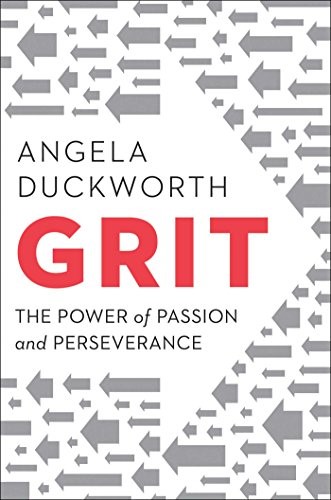
Boundaries
Henry Cloud
Yeah, I know I just wrote a whole newsletter about Personal Responsibility and this is a book about things you shouldn’t accept responsibility for (like our adult children and other things we cannot control). There really are two sides to every coin and this book represents the balance to Izzo’s 100/0 concept presented in “Stepping Up”. Maybe you should read them both.
